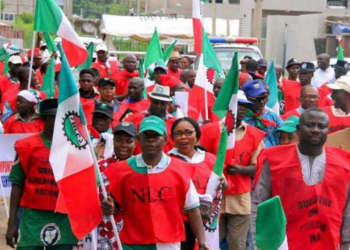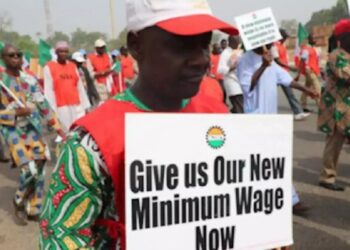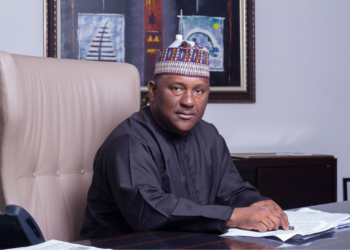The Sokoto State Chapter of the Nigerian Labour Congress (NLC) has resolved to join the January 27 nationwide strike over the Government’s plan to hike fuel price.
Aminu Umar, the Chairman of the State’s NLC chapter made this known to newsmen after a meeting held by the State’s Executive Council on Friday.
NLC had in December announced a nationwide strike scheduled to hold on February 1, aimed at rejecting and resisting a further increase in the price of petrol, following a statement by the Minister of Finance, Budget and National Planning, Zainab Ahmed that the Federal Government plans to remove fuel subsidy in 2022.
What the NLC chair is saying
Mr Umar said the Sokoto State chapter has resolved to join the strike in compliance with the directive of its national secretariat.
“The decision of the NLC National Headquarter is in consideration of the situation of the country’s economy as well as security challenges. This has continued to remain a great pressure on all the Nigerian masses, to a situation where it has become very hard for an average citizen to sustain his house not to talk of other responsibilities,” Mr Umar said.
“Therefore, the SEC in Sokoto State has unanimously agreed and supported the decision of the NLC at the national level that no retreat no surrender come January 27, we will all come out to protest. So, I want to use this medium to serve as an invitation to the leadership of our various unions, including the market women and men to join us for this fight for survival,” he added.
What you should know
- Nairametrics reported that the NLC announced plans to hold a national protest on February 1, 2022, against the Federal Government’s plan to remove fuel subsidy in 2022.
- NLC’s scheduled nation strike is to be held on February 1, 2022, but prior to that, protest rallies will be conducted in the 36 states of the federation on January 27 for the same purpose.
- The national headquarters of the NLC had directed state chapters to sensitise and mobilise members on the proposed protest.
- The minister had said subsidy will be removed in 2022 and part of the revenue saved from subsidy removal will be used to service millions of households via the Conditional Cash Transfer programme.
- The World Bank had stated that Nigeria spends $4.5 billion on fuel subsidies, indicative of 2% of GDP or 35% of oil and gas revenue.

















